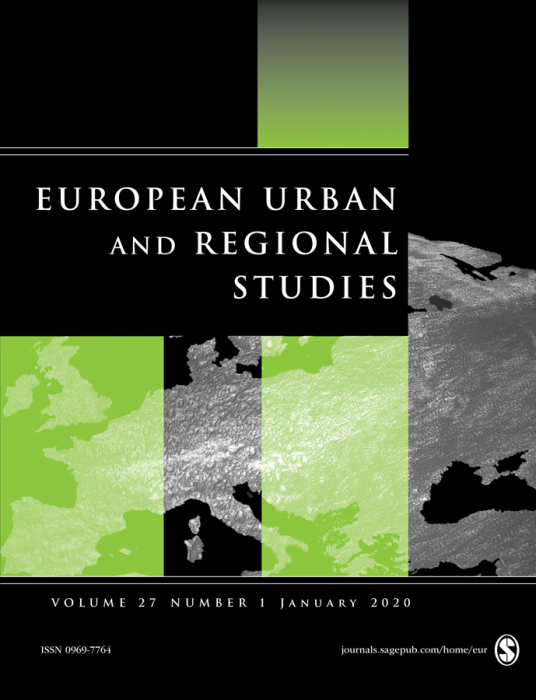This editorial introduction to the Special Issue ‘The rules, institutions and politics of housing informality in Europe’ argues for a more holistic interpretation to housing informality in Europe as a critical heuristic for re-thinking the dynamics of informality in the global North. In so doing, it offers three modest theses. First, housing informality is an endogenous phenomenon in the development of European cities, closely connected to the logics of capitalist modernity and currently located at the intersection of new patterns of forced migration and an ever-intensifying housing crisis. Second, housing informality is (also) a by-product of direct forms of public support, toleration and legitimation, as well as the consequence of deliberate (in)action by the State. This results in a clear public politics of informal space, in the framework of which informal housing is an instrument of governmentality in the hands of ruling elites. Third, housing informality is normatively ambiguous. In fact, informal dwelling practices create an archipelago of institutional micro-geographies at the city scale, that generate, in turn, heterogeneous spheres of urban citizenship rights. This selective spatial autonomy can be inhabited as much by processes of rights expansion, emancipation and solidarity as well as by practices of right-restriction, exploitation and precarization.

